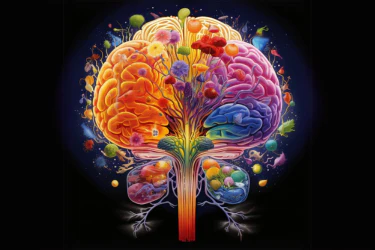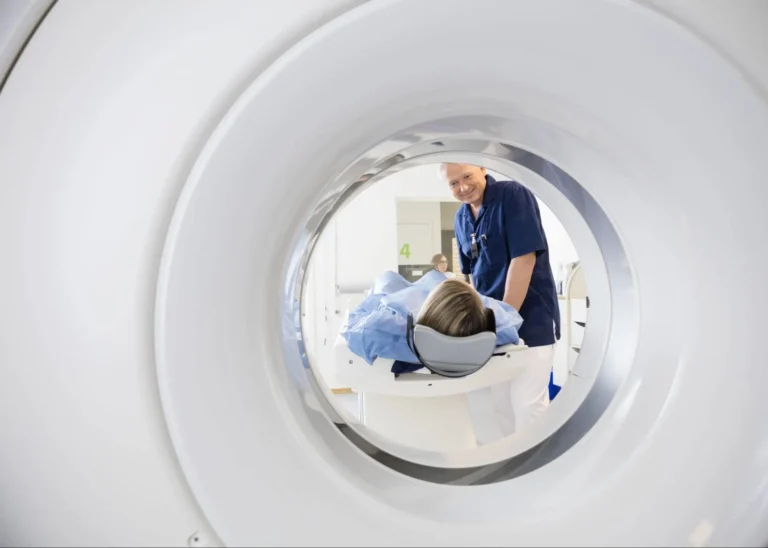Effective Anxiety Treatment Plans for Different Lifestyles

Anxiety is a common condition, manifesting as persistent worry, fear, and physical symptoms that can significantly impact daily life. Understanding the nature of anxiety, its causes, and available anxiety treatment options helps individuals recognize symptoms and seek appropriate care. Here is more information on anxiety disorders and the various approaches to managing them:
What Is Anxiety?
Anxiety is a natural stress response characterized by feelings of worry, fear, or apprehension about future events or situations. While occasional anxiety is normal and can be adaptive, anxiety disorders involve excessive, persistent worry that interferes with daily activities. The condition affects both mental and physical health, creating a cycle where anxious thoughts trigger physical symptoms, which then reinforce the anxiety.
Anxiety treatment varies depending on the specific type and severity of symptoms. If your anxiety stems from a hormonal imbalance, hormone replacement therapy can help. Early intervention and proper diagnosis are key factors in successful management.
What Causes It?
Multiple factors contribute to the development of anxiety disorders, including genetic predisposition, brain chemistry imbalances, and environmental influences. Family history plays a significant role, as anxiety disorders tend to run in families. Neurotransmitter imbalances, particularly involving serotonin, dopamine, and GABA, can disrupt normal brain function and contribute to anxious feelings.
Environmental factors such as traumatic experiences, chronic stress, and major life changes can trigger anxiety disorders in susceptible individuals. Medical conditions, including thyroid disorders, heart disease, and hormonal imbalances, may also contribute to anxiety symptoms. Substance use, including caffeine, alcohol, and certain medications, may worsen anxiety or trigger episodes.
What Are the Different Types?
Generalized anxiety disorder (GAD) involves excessive worry about various life circumstances. Panic disorder is characterized by recurrent panic attacks with intense physical symptoms such as heart palpitations, sweating, and shortness of breath. Social anxiety disorder involves intense fear of social situations and potential judgment by others.
Specific phobias involve irrational fear of particular objects or situations, such as heights, animals, or flying. Obsessive-compulsive disorder (OCD) combines intrusive thoughts with compulsive behaviors performed to reduce anxiety. Post-traumatic stress disorder (PTSD) develops following exposure to traumatic events and involves re-experiencing symptoms, avoidance behaviors, and hypervigilance.
What Are the Symptoms?
Physical symptoms of anxiety include rapid heartbeat, sweating, trembling, shortness of breath, and muscle tension. Gastrointestinal symptoms such as nausea, stomach pain, and digestive issues may also be experienced. Cognitive symptoms include persistent worry, racing thoughts, difficulty concentrating, and anticipation of worst-case scenarios. Behavioral symptoms may involve avoidance of anxiety-provoking situations, restlessness, and seeking constant reassurance from others.
What Is Involved in Anxiety Treatment?
Hormone replacement therapy (HRT) can be a valuable treatment option for individuals experiencing anxiety related to hormonal imbalances. Hormonal shifts, such as those occurring during menopause, postpartum, or other endocrine changes, can significantly impact mental health. HRT works by restoring hormone levels, helping to alleviate mood swings, irritability, and anxiety symptoms caused by these imbalances.
This approach addresses the root physiological causes of hormone-related anxiety rather than just managing symptoms. By stabilizing hormone levels, HRT may improve emotional well-being and enhance overall quality of life. For those experiencing anxiety linked to hormonal changes, consulting with a healthcare provider about HRT could provide effective relief tailored to their specific needs..
Alleviate Your Anxiety Now
Anxiety disorders are treatable conditions that respond well to appropriate intervention. Understanding the nature of anxiety, recognizing symptoms, and exploring treatment options are the first steps toward recovery. If you’re experiencing persistent anxiety symptoms that interfere with daily life, consult with a healthcare professional. Early treatment may prevent symptoms from worsening and improve overall quality of life.
- What to Expect When Visiting a Foot and Ankle Specialist
- Causes of PTSD
- The Link Between Plantar Fasciitis and Weight Gain: What You Need to Know
- How Pet Ownership Can Positively Impact Life with Fibromyalgia
- The Importance of Stretching and Flexibility in Sports Medicine
Dr. Emma Green is a health and wellness expert with over 10 years of experience in nutrition and fitness. Passionate about helping others live their healthiest lives, Dr. Green shares practical advice on wellness, nutrition, and sustainable living through LivingSpristine.






